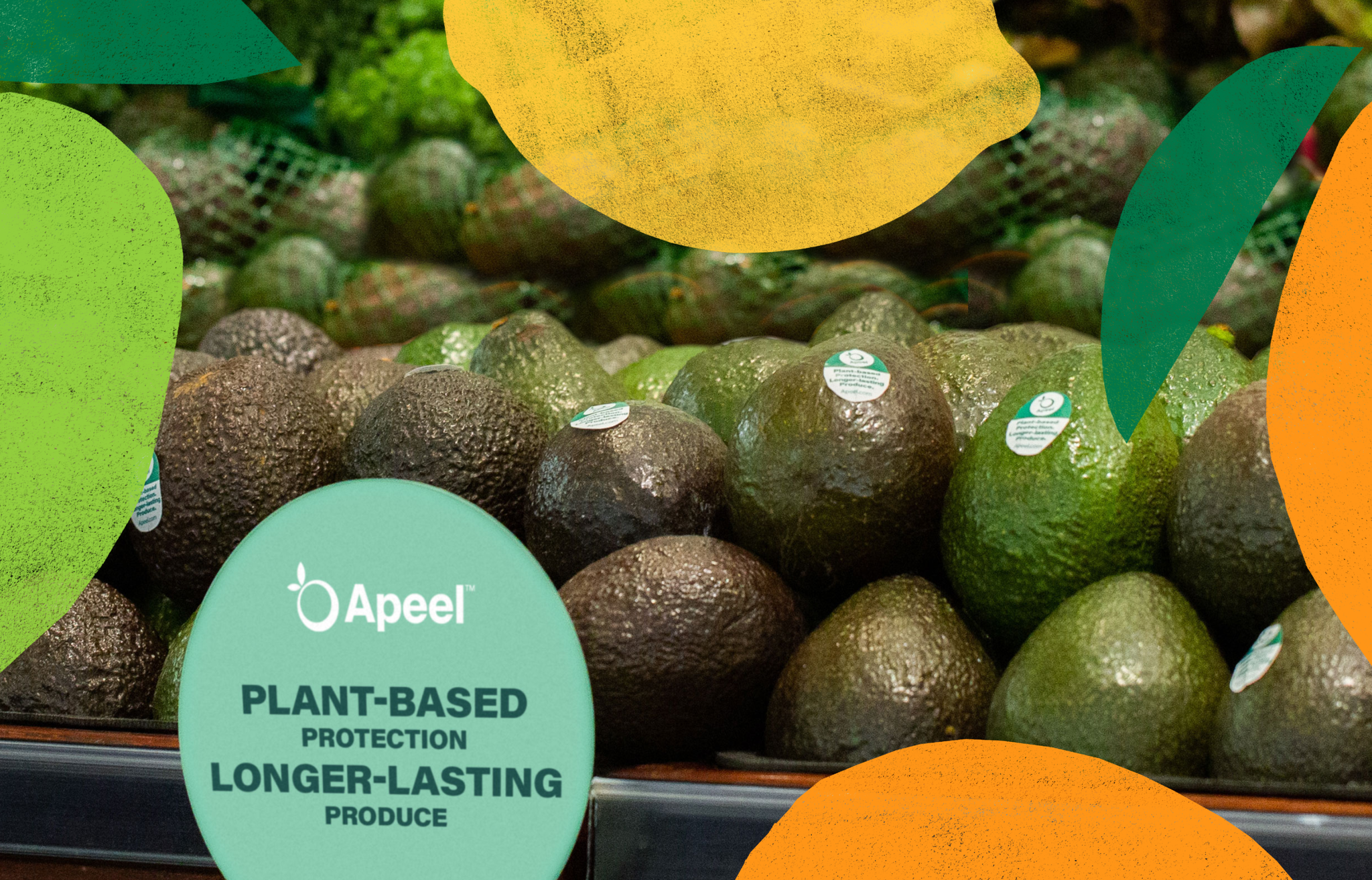The pandemic and the supply chain headaches that followed have provided a painful reminder of how important it is for many consumer goods to be delivered intact, on time.
This is particularly true for the perishable foods industry. Fortunately, innovative companies are working harder than ever to bring shelf life-extending technologies to a wide variety of products shipped to and prepared in commissaries, central kitchens and grocery retailers nationwide.
Goleta, Calif.-based Apeel’s shelf life extending technology is currently used on fresh apples, avocados, mangoes, cucumbers, limes/lemons, mandarins sold in the stores of 40 retail chains around the world. US retailers currently using Apeel include Kroger, Cub Foods, Harps and Wakefern.
Jim Smits, the company’s vice president of retail advisory, said Apeel technology can be integrated into a myriad of touchpoints along the supply chain network, which might include commissaries, central kitchens and other offsite facilities looking to provide “triple bottom line benefit” to grocers and other downstream customers.
The pandemic made it clearer than ever the important role that companies like Apeel play in ensuring the perishable supply chain functions as it should. The current food system, Smit said, is calibrated so closely to past supply and demand expectations and the exact perishability of fresh produce, that when the system is stretched, the system breaks.
“COVID-19 caused major disruptions in the fresh food supply chain leading to a rise in food waste and economic losses for food businesses around the world and has reinforced our founding mission and the need to safeguard our precious food supply.”
Companies like Apeel increase the resilience of the fresh food supply chain by enabling longer lasting produce and operational flexibility. Smit said the demand for Apeel’s solutions have been in high demand since the shift in the environment as a result of COVID-19.
“When farmers, retailers, and consumers have more time with fresh produce, it means food businesses can be more flexible with their changing operations and dramatically less waste at every stage of the supply chain. Additionally, as consumer food buying behaviors shift, Apeel produce has been a preferred choice because there’s more time to enjoy it and less likelihood of it going to waste.”
Smit said the company has seen many behaviors adopted during the pandemic persist, such as online grocery shopping and less frequent shopping trips. As shoppers are demanding healthier, sustainable and more convenient food, Apeel, he said, can meet the public’s growing demand with longer-lasting fruits and vegetables.
Apeel has prevented 42 million pieces of produce from going to waste in retail stores, and the company’s products have prevented a net 10,000 metric tons CO2 equivalent in GHG emissions, Smit said.
Apeel and other companies are also helping bring into focus a food system that’s not built on the foundation of single-use plastic, but on materials derived from nature.
For example, Smit said, traditionally, the plastic wrap on English cucumbers serves as a protective layer for their thin skin, preserving quality and shelf life. As a result, hundreds of thousands of pounds of plastic are used to wrap English cucumbers in the United States every single year.
English cucumbers coated in Apeel, however, do not require a plastic wrapper and last just as long as those that do, he said.

